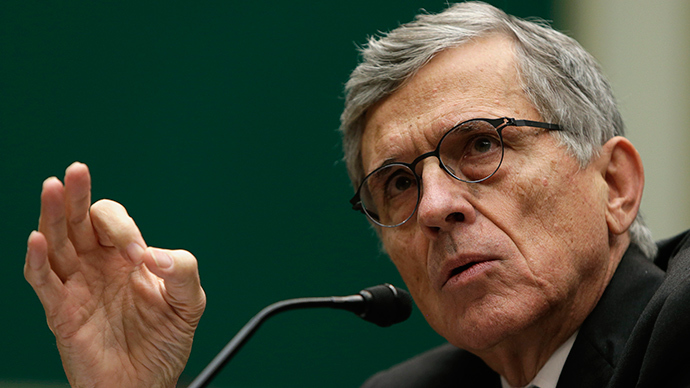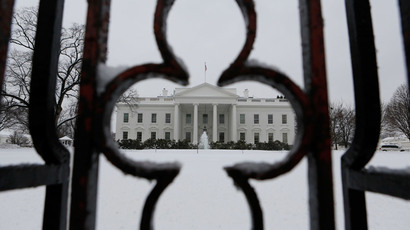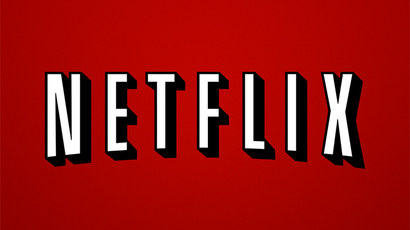FCC denies plans to kill net neutrality

The chairman of the United States Federal Communications Commission is attempting to refute recent reports that suggest that the FCC is on track to terminate the basic principle of net neutrality.
News articles first emerged on Wednesday evening this week indicating that a draft FCC document includes new rules that would allow Internet Service Providers, or ISPs, to give preferential treatment to content producers willing to pay more money for better access to consumers.
If true, the rule would go against the fundamentals of net neutrality and reportedly open the door for major ISPs like Verizon and Comcast to give bandwidth-hogging business, such as Skype or Netflix, better access to customers at a higher price.
Tom Wheeler, a former cable industry lobbyist-turned-FCC chairman, wrote on the agency’s official blog on Thursday that those latest reports are brimming with “a great deal of misinformation” that will be clarified later in the day when the draft Open Internet Notice of Proposed Rulemaking in question is officially circulated among the commission.
Wheeler gave no indication of when the FCC will release those proposed rules to the public, however, but in his latest blog post he claims that the earlier reports were highly inaccurate.
According to Wheeler, the notice will mandate that all ISPs “not act in a commercially unreasonable manner to harm the internet, including favoring the traffic from an affiliated entity.”
“To be very direct, the proposal would establish that behavior harmful to consumers or competition by limiting the openness of the Internet will not be permitted,” he wrote.
Wheeler’s latest remarks echo statements he made late Wednesday in which he insisted there would be “no ‘turnaround in policy’” and that “[t]he same rules will apply to all internet content.”
But within minutes of Thursday’s blog going live, Wheeler was already being called out by critics, including reporter Chris Welch at The Verge website.
“Despite his best efforts, Wheeler's words won't do much to calm the storm,” Welch wrote. If the FCC agrees to let ISPs provide a “fast lane” to high-paying content producers as long as the fee is a "commercially reasonable" one, as reported, then the matter of what is considered reasonable still needs to be weighed.
According to The Verge’s Welch, that could be a problem. On Thursday, he wrote, a spokesperson for the FCC that was asked that very question said the agency doesn’t quite know yet.
"We want to have a broad public debate. We want to know how people are affected in their daily life. We want to know how businesses are being affected. We want to know if innovation is being affected,” Welch heard from the FCC spokesperson.
“Based on that statement, the FCC seems aware that this ‘pay for access’ aspect could bring on some trouble,” Welch reported. “But the FCC won't eliminate the idea entirely.”
Wheeler hopes to have the text of the draft Open Internet Notice of Proposed Rulemaking adopted by the end of the year, he wrote.














